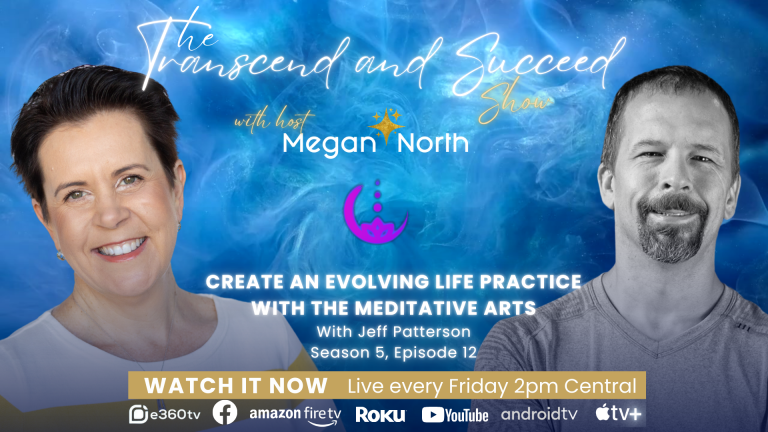Burnout Prevention and Management: Strategies to Recognise, Prevent, and Recover
Burnout has become a significant concern. Characterised by chronic stress, exhaustion, and a sense of detachment, burnout can severely impact both your professional and personal life. Recognising the signs early, implementing preventative measures, and knowing how to recover are essential steps in maintaining your mental health and wellbeing. Here, we explore strategies to help you recognise, prevent, and recover from burnout.
Recognising the Signs of Burnout
Burnout doesn’t happen overnight; it’s a gradual process that can manifest in various ways. Recognising the early signs can help you take action before it becomes overwhelming. Key indicators include:
1. Physical and Emotional Exhaustion: Persistent fatigue, even after a good night’s sleep, and feelings of being emotionally drained are common signs of burnout.
2. Decreased Performance: Struggling to concentrate, making frequent mistakes, and a noticeable decline in productivity can signal burnout.
3. Detachment and Cynicism: Feeling disconnected from your work, colleagues, and even loved ones, along with a growing sense of cynicism or negativity.
4. Health Issues: Increased frequency of illnesses, headaches, and other physical ailments can be a result of chronic stress.
5. Lack of Motivation: A diminished interest in your work and a lack of enthusiasm for tasks that once excited you.
Strategies to Prevent Burnout
Preventing burnout involves adopting habits and practices that promote a healthy balance and reduce stress. Here are some effective strategies:
1. Set Boundaries: Establish clear boundaries between work and personal life. Avoid checking work emails and taking work-related calls during your personal time.
2. Prioritise Self-Care: Make self-care a priority by ensuring you get adequate sleep, eat a balanced diet, and engage in regular physical activity. Incorporate relaxation techniques such as meditation, deep breathing, or yoga into your routine.
3. Manage Your Workload: Break tasks into manageable chunks and prioritise them based on urgency and importance. Delegate tasks when possible and avoid overcommitting yourself.
4. Take Regular Breaks: Incorporate short breaks throughout your workday to rest and recharge. Use techniques like the Pomodoro method to maintain productivity while allowing for regular intervals of rest.
5. Foster a Supportive Work Environment: Cultivate positive relationships with colleagues and seek support when needed. A supportive work environment can significantly reduce stress levels.
6. Practice Mindfulness: Engage in mindfulness practices to stay present and focused. Mindfulness can help you manage stress and maintain a balanced perspective.
7. Pursue Hobbies and Interests: Engage in activities outside of work that bring you joy and fulfilment. Pursuing hobbies can provide a much-needed break from work-related stress.
Strategies to Recover from Burnout
If you’re already experiencing burnout, it’s important to take steps to recover and restore your wellbeing. Here are some strategies to help you recover:
1. Acknowledge Your Feelings: Recognise and accept that you are experiencing burnout. Denial can prevent you from taking the necessary steps to recover.
2. Take Time Off: If possible, take a break from work to rest and rejuvenate. Use this time to focus on self-care and activities that bring you joy.
3. Seek Professional Help: Consult with a mental health professional for guidance and support. Therapy can provide you with strategies to manage stress and develop healthier coping mechanisms.
4. Reevaluate Your Goals: Reflect on your professional and personal goals and consider whether they are realistic and attainable. Adjusting your goals can help reduce stress and prevent future burnout.
5. Develop a Stress Management Plan: Create a plan to manage stress that includes regular exercise, relaxation techniques, and healthy lifestyle choices. Having a plan in place can help you manage stress more effectively.
6. Reconnect with Your Purpose: Remind yourself why you chose your career and what you enjoy about it. Reconnecting with your purpose can reignite your passion and motivation.
7. Make Long-Term Changes: Implement long-term changes to your work habits and lifestyle to prevent burnout from recurring. This might involve setting more realistic expectations, learning to say no, and prioritising balance.
Burnout is a serious issue that requires attention and proactive management. By recognising the signs early, implementing preventative strategies, and knowing how to recover, you can protect your mental health and maintain a balanced, fulfilling professional life. Remember, taking care of yourself is not a luxury but a necessity. Start incorporating these strategies today to prevent burnout and promote overall wellbeing.







